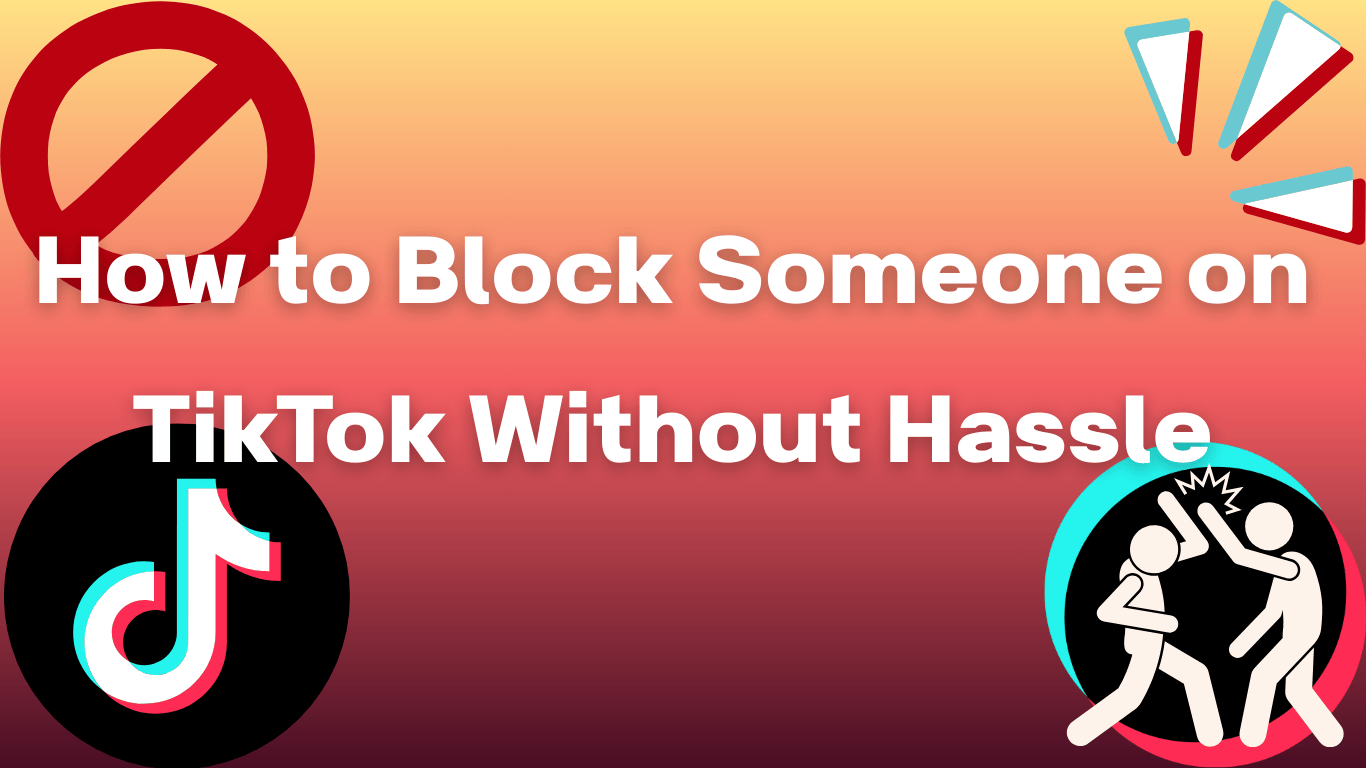Blocking someone on TikTok means cutting off their ability to interact with you, see your content, or send you messages. Many users wonder how they can protect their space when an account becomes annoying, spammy, or harmful. This guide explains the steps you need to take, the effects of blocking, and the different ways you can manage your TikTok interactions. By the end, you will know exactly how to block someone on TikTok and regain control of your experience.
Why You Might Need to Block Someone
TikTok is a place for creativity, fun, and discovery. But sometimes, certain users may overstep boundaries. This could be through unwanted comments, persistent messages, or simply behavior that makes you uncomfortable. Blocking is not about being rude; it is about setting clear boundaries. Protecting your digital space allows you to enjoy TikTok without stress or harassment.
Step-By-Step Guide to Blocking
Blocking is straightforward, but many people hesitate because they aren’t sure where the controls live. The three steps below show exactly where to tap so you can block an account quickly, without digging through complicated settings.
1.Accessing the Profile
Open the profile of the person you want to block. You can get there by tapping their username from a comment, message, or video, or by searching their handle directly. Before proceeding, double-check that the username and profile photo match the account you intend to block.
2.Using the Options Menu
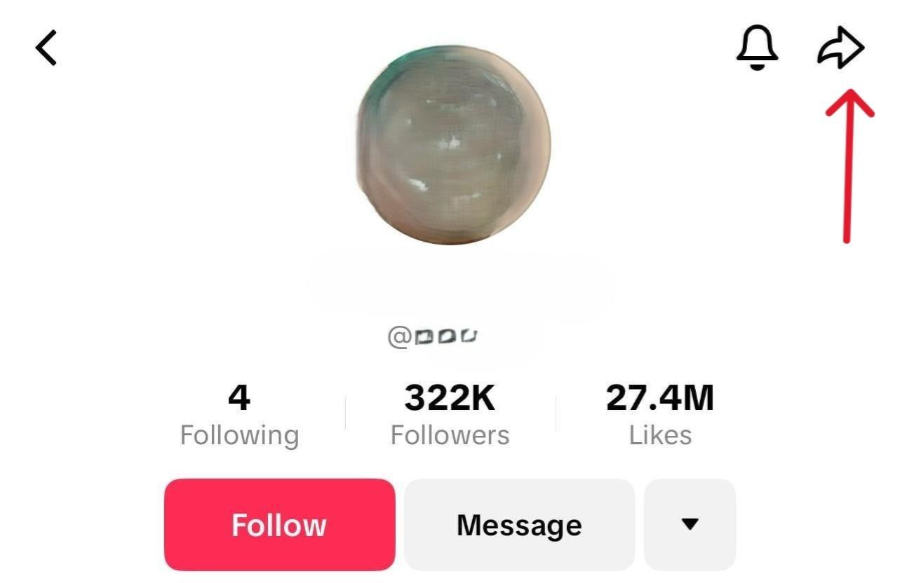
On their profile screen, look to the upper-right corner and tap the menu icon, this may appear as three dots, a share arrow, or three lines depending on your app version. This opens the interaction controls for that user, including safety and privacy options.
3.Selecting Block
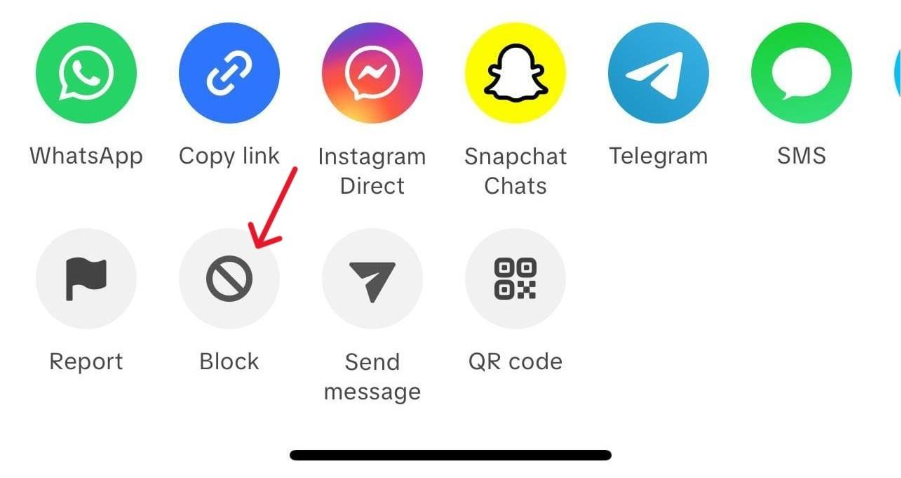
In the menu, you will see the option “Block.” Tap it, and TikTok will ask you to confirm. Once you confirm, the user is blocked instantly. They will no longer be able to follow you, message you, or view your content.
What Happens After Blocking
Blocking someone on TikTok does far more than just preventing them from sending you messages. It changes the way that person can interact with your account on multiple levels. Once you block a user, TikTok enforces several restrictions that protect your privacy and give you greater control over your experience.
No Access to Your Content
When a user is blocked, they immediately lose access to all of your content. This means they cannot watch your videos, visit your profile, or see your future updates. From their perspective, your account essentially becomes invisible, making it impossible for them to engage with your posts.
Removal of Existing Connections
Blocking also removes any existing connections with that person. For example, if the user was following you before, that follow is automatically removed. They will not be able to follow you again unless you decide to unblock them in the future. This ensures that all links between your accounts are cut off.
No Notifications to the Blocked User
Another important detail is that TikTok does not send notifications to the person you block. They will not receive any direct alert informing them of your action. However, they may eventually realize it if they try to access your profile or interact with your content and discover they no longer have access.
How to Unblock Someone
Sometimes you may block someone in the heat of the moment and later change your mind. The process to unblock is just as easy.
- 1. Go to your profile and open settings.
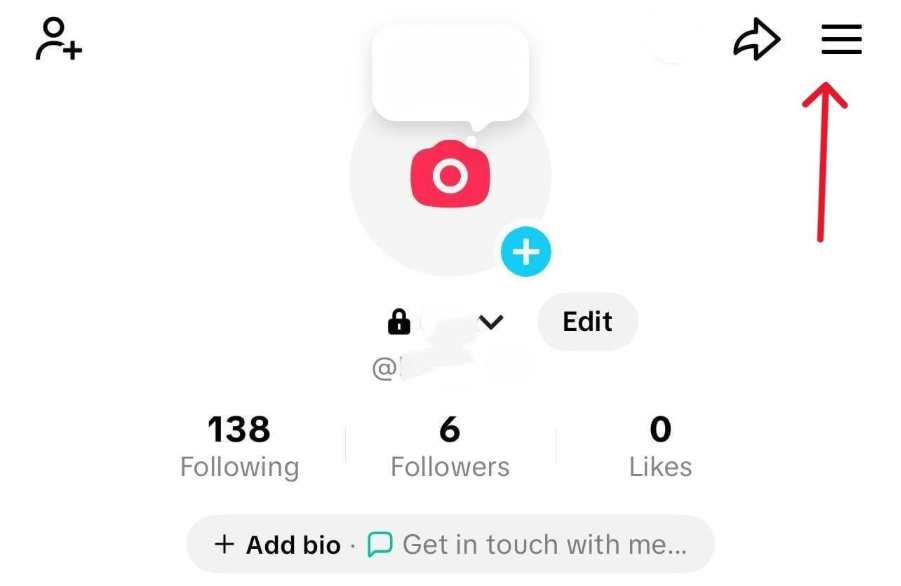
- 2. Find the “Privacy” or “Blocked accounts” section.
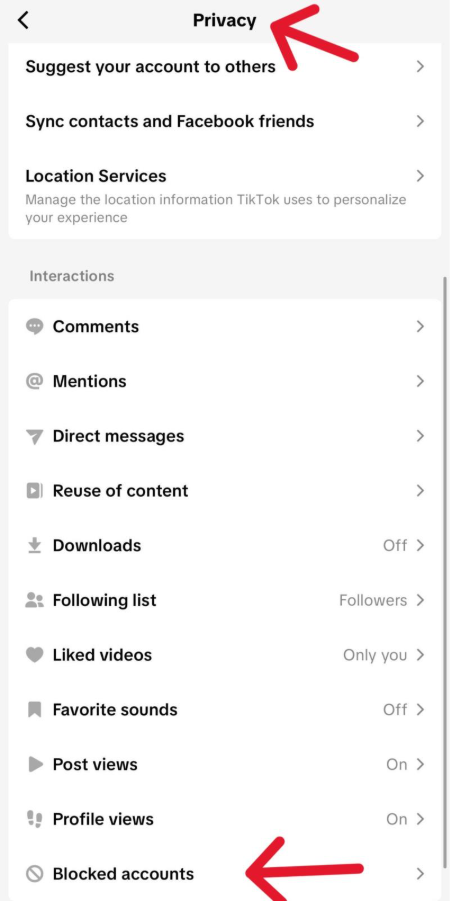
- 3. Locate the username and tap “Unblock.”
Once unblocked, the person can interact with you again, just as before.
Blocking Multiple Accounts at Once
TikTok also allows bulk blocking if you face harassment from several accounts at the same time. To do this:
- 1.Long press on a comment or message.
- 2.Select “Manage multiple accounts.”
- 3.Choose the accounts you want to block.
- 4.Confirm your action.
This feature is helpful against spam accounts that often appear in groups.
Alternative Options Before Blocking
Blocking is powerful, but sometimes you may want a lighter solution.
Restricting Comments
You can filter who comments on your videos or approve comments manually. This reduces negative interactions without blocking.
Limiting Messages
In your privacy settings, you can decide who can send you direct messages. Choosing Friends or No one may solve issues before blocking.
Reporting Accounts
If someone breaks TikTok community guidelines, reporting may be better. TikTok reviews reported accounts and may take action beyond your block.
FAQs
Does blocking remove old messages?
No, previous messages stay in your chat history, but the person cannot send new ones.
Can I block someone who has not followed me?
Yes, you can block any account, whether or not they follow you.
How many accounts can I block on TikTok?
There is no strict limit. You can block as many accounts as needed to protect your experience.
What is the difference between blocking and restricting?
Blocking removes all interaction. Restricting limits certain actions like comments or messages but does not hide your profile completely.
